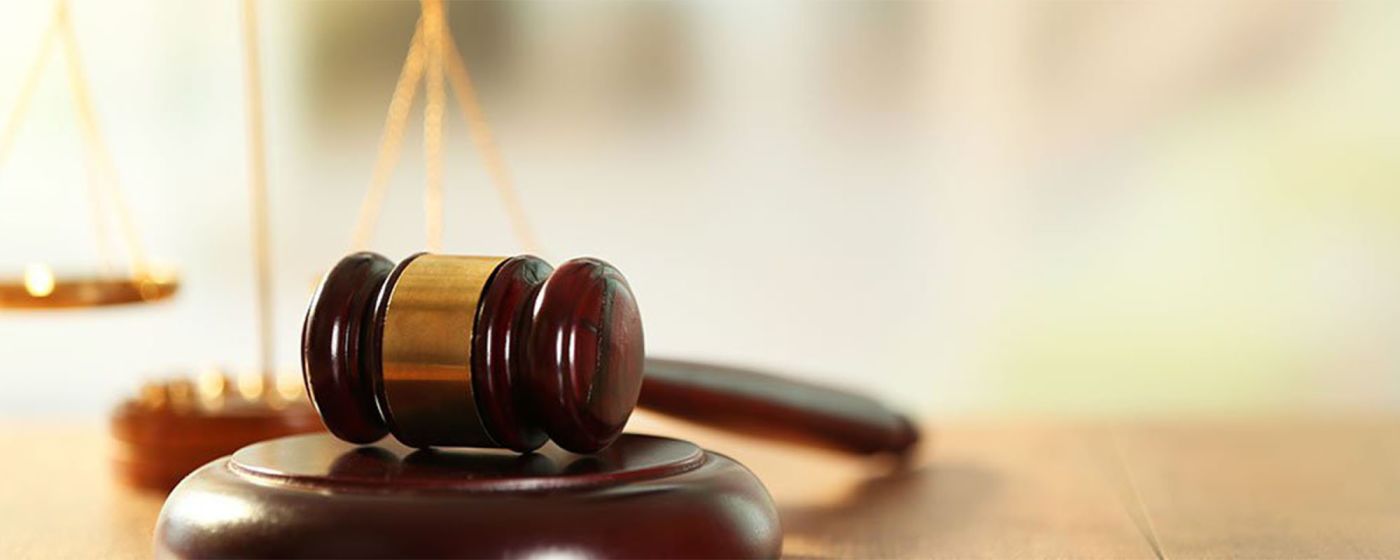
DEFAMATION: WHAT IT IS AND WHEN TO SUE
You have worked hard to build your business. When false statements are made that result in damage to your business’ reputation, it is a serious situation. You need to know your legal rights when your company is faced with defamation and what you can do to fight against it. San Francisco area business litigation attorney David H. Schwartz has spent 45 years dealing with a broad scope of complex commercial litigation cases and possesses the knowledge you need to protect the reputation of your business.
Defamation Defined
California law broadly defines defamation as one party making a false statement which causes personal or professional harm to another party’s reputation. Under this law, defamation can be classified into different categories—libel, slander, and business libel.
Libel, Slander, Business Libel
Despite libel, slander, and business libel all falling under the same umbrella category, they are each unique. It’s important to understand the distinctions between them, so here is a guide to make things more clear:
Libel is a case of false and unprivileged statements communicated in a written or printed form.
Slander is a case of false and unprivileged statements made verbally, including statements made via audio or video media.
Business libel (sometimes referred to as trade libel) differs from standard libel cases in that it involves making defamatory statements which result in financial damage to the reputation of a business.
Regardless of type, defamation can be a serious issue. When your business comes under attack, you have the right to defend its reputation from baseless defamatory statements.
What Is or Isn’t Libel/Slander?
In this time of social media prevalence, negative statements are made publicly on a continual basis. What determines if a negative statement made verbally or in written form actually qualifies as libelous or slanderous from a legal standpoint? In order to be considered legally defamatory, a statement must meet the following criteria:
The statement must be demonstrably false and made without privilege
The statement must be proven by the plaintiff to have caused actual damage to the business (via lost customers or revenue)
The statement is required to have been published to a third party
The statement must have been made with malicious intent or negligence
If it can be demonstrated that the statements made against your company meet all of these criteria and the legal action is taken before the two-year statute of limitations has passed, then suing for defamation becomes an option.
Conversely, statements made that are purely opinion are not considered legally defamatory, regardless of how negative they may be. Opinions cannot be proven to be false, and therefore do not meet the necessary criteria for defamation.
What Are Your Legal Options?
If false and malicious statements have been made about your business and the legal criteria for defamation are met, you are entitled to fight back and restore the good name of your business. To restore the reputation of your business, you need to put the experience of an accomplished commercial litigator on your side. If your claims of defamation are successful, you are entitled to damages. These damages can include recovery of lost revenue, as well as possible punitive damages to compensate for the harm done to your business’s reputation.
Defamation Litigation Attorney in San Francisco
The Law Offices of David H. Schwartz brings decades of experience to serve your needs in cases of defamation against your business. If the reputation of your business has suffered harm due to slanderous or libelous statements made by another individual or company, you have the right to pursue legal action. Put David’s skills as a proven business litigation attorney to use for you so you can get back to focusing on growing your business.
Protect the hard-earned reputation of your business. Contact David's San Francisco Bay area office to discuss your defamation case.
